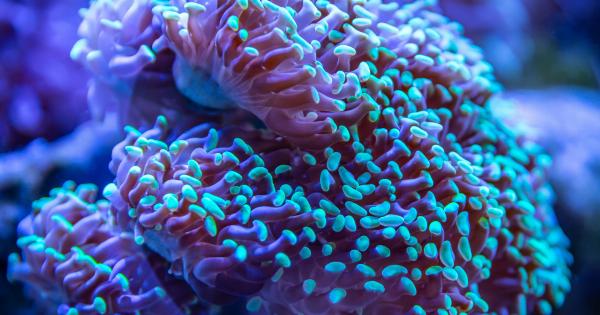Water is an essential component of our lives. Without water, we cannot survive. However, there are situations where consuming too much water can be harmful to our health.
It is important to learn the signs of overhydration and dehydration to prevent potential harm. In this article, we will discuss the signs of water harming your health and how to avoid them.
What is water toxicity?
Water toxicity is an unusual situation that can happen when an individual consumes too much water in a short period. The body cannot eliminate this excess water, resulting in hyponatremia or water intoxication.
The symptoms of water intoxication can range from mild to severe, depending on the amount of water consumed.
What are the signs of water intoxication?
Here are the typical signs to look out for:.
- Headaches
- Nausea
- Vomiting
- Disorientation
- Fatigue
- Confusion
- Seizures
- Coma
It is vital to note that infants, endurance athletes, and individuals suffering from kidney diseases are at higher risk of water intoxication.
What is dehydration?
Dehydration is the reverse situation of water toxicity. It occurs when the body experiences a substantial loss of fluids, more than what we intake.
The reason behind dehydration can be anything from diarrhea, vomiting to overheating, sweating, and high altitude; it can cause several illnesses and damages to our health.
What are the signs of dehydration?
Here are the typical signs to look out for:.
- Thirst
- Dry mouth and throat
- Dizziness
- Headache
- Confusion
- Dark urine
- Reduced urine output
If you feel any of the above symptoms, you should rehydrate by consuming fluids or a sports drink with electrolytes. If not treated properly, dehydration can lead to severe damage to organs and even death in severe cases.
How much water should you drink each day?
Everyone has different fluid requirements, and the intake of fluids determines the adequacy of hydration. We suggest drinking 2-3 liters of water per day.
However, hydrating oneself is not all about drinking plain water, and other fluids, such as tea, juice, and other beverages, can also keep the body hydrated.
Should you rely on thirst to drink water?
Thirst can be a great indicator to prompt you to consume water and to ensure hydration; however, it is not always an efficient way of determining your body’s need for hydration.
Often, elderly individuals lose their sense of thirst, so relying on thirst alone may not suffice.
How can you stay hydrated?
Here are some tips to help you stay hydrated:.
- Drink regularly throughout the day
- Bring a refillable water bottle with you
- Consume fluids with each meal
- Drink fluids before, during, and after exercise
- Consume fruit, vegetables, and snacks with high water content
Conclusion
Water is an essential component of our daily life, and being hydrated is crucial for our overall wellbeing. As we have seen, both overhydration and dehydration can be harmful to our bodies.
We have also learned about the signs of water intoxication and dehydration and how to prevent being affected by them. By following the tips on how to stay hydrated, we can avoid the negative effects of water on our health.






























